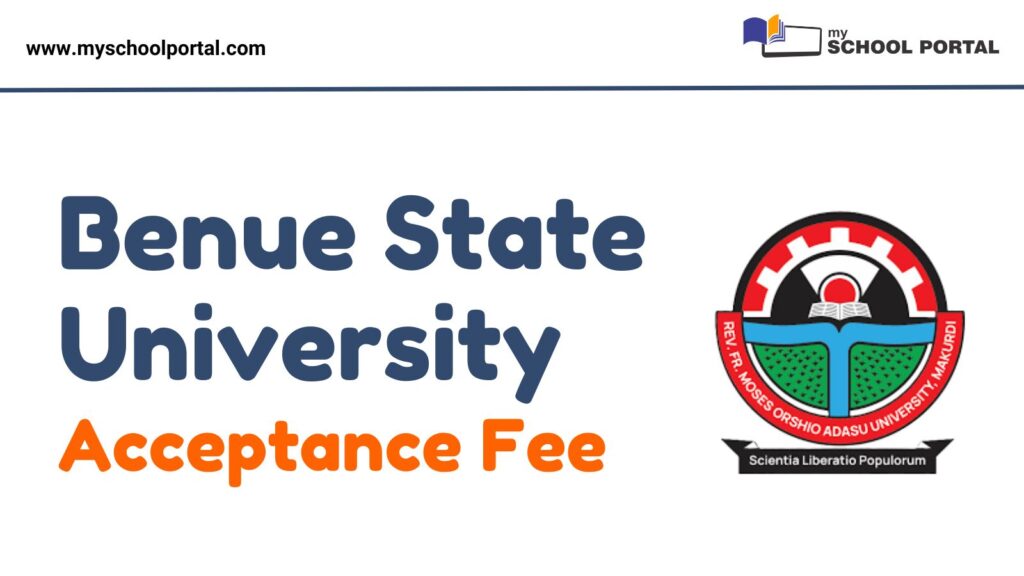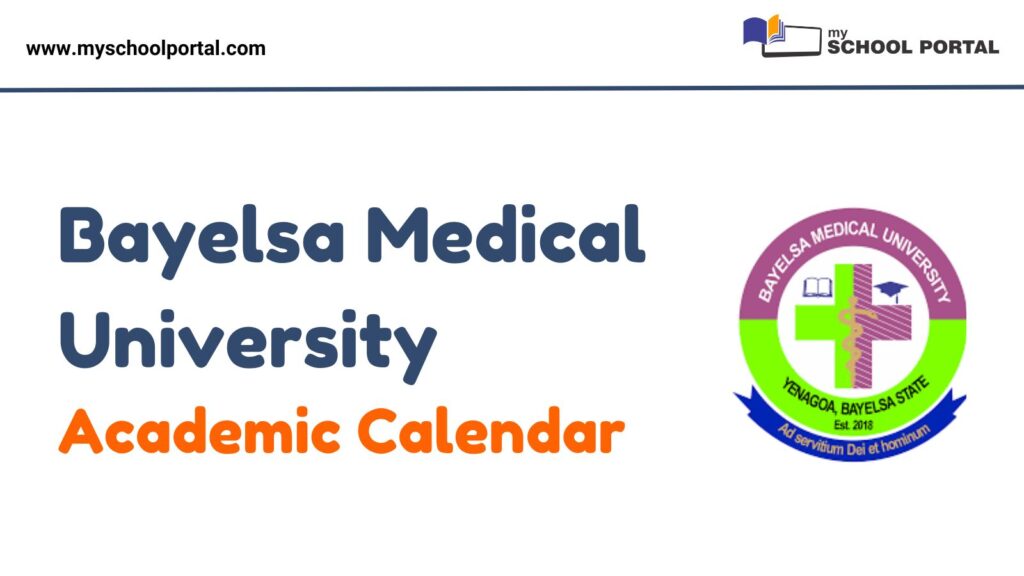Hello, Students!
Welcome to our next lesson on Vocabulary Development. Today, we are going to discuss Synonyms and Antonyms. Understanding these will help you expand your vocabulary and improve your writing and speaking skills. Let’s dive in!
What are Synonyms and Antonyms?
Synonyms are words that have the same or nearly the same meaning as another word.
Antonyms are words that have opposite meanings.
Both are crucial in language learning because they help us add variety to our communication. Instead of using the same words repeatedly, we can use synonyms to make our writing more interesting. Antonyms help us express contrasts and make our meanings clearer.
Understanding Synonyms
Synonyms can be used to avoid repetition and make sentences more engaging and varied. For example, instead of saying “happy” repeatedly, you could use joyful, pleased, or content.
Examples of Synonyms:
| Word | Synonyms |
|---|---|
| Big | Large, Huge, Enormous, Gigantic |
| Beautiful | Attractive, Pretty, Gorgeous, Stunning |
| Angry | Furious, Irritated, Annoyed, Mad |
| Smart | Intelligent, Clever, Bright, Sharp |
| Start | Begin, Commence, Initiate, Launch |
Practice Using Synonyms:
Try replacing the words in brackets with synonyms:
- She felt (happy) when she received her results.
- The (big) dog barked loudly.
- He is very (smart) in mathematics.
Tip: Synonyms may have slightly different connotations, so always choose the one that best fits the context!
Understanding Antonyms
Antonyms are words that mean the opposite of another word. Using antonyms helps to show contrast or difference in meaning.
Examples of Antonyms:
| Word | Antonym |
|---|---|
| Happy | Sad |
| Hot | Cold |
| Old | New |
| Soft | Hard |
| Fast | Slow |
Practice Using Antonyms:
Find the antonyms for the following words:
- Light – __
- Easy – __
- Early – __
How to Use Synonyms and Antonyms Effectively?
- In Writing:
- Use synonyms to avoid repetition and make your writing more interesting.
- Use antonyms to show contrast or opposition.
- In Speaking:
- Use synonyms to express yourself more clearly and to show a broader vocabulary.
- Use antonyms to compare and contrast ideas effectively.
- In Comprehension:
- Recognizing synonyms and antonyms can help you understand the meaning of words you may not know, by seeing how they are used in a sentence.
Exercise: Synonyms and Antonyms in Sentences
Fill in the blanks with appropriate synonyms or antonyms:
- The room was very bright in the morning, but it was quite _ in the evening. (Antonym)
- The story was quite boring, but the ending was _. (Antonym)
- She was happy when she saw her friend, but she was also _ when he had to leave. (Antonym)
- The teacher was pleased with the students’ work because they all performed very _. (Synonym)
Why Are Synonyms and Antonyms Important?
- Enhance Vocabulary: Knowing many synonyms and antonyms allows you to express yourself more accurately and creatively.
- Improve Writing and Speaking Skills: Using a variety of words keeps your audience engaged and helps you communicate more effectively.
- Better Understanding of Language: Recognizing the relationships between words can help you understand and learn new words more quickly.
Homework:
- List 10 synonyms for the word “good” and 10 antonyms for the word “bad.”
- Write a short paragraph using at least 5 synonyms and 5 antonyms from your lists.
Next up: We’ll continue with Topic 3:Homophones and Homonyms. Stay tuned, and keep expanding your vocabulary! 😊









